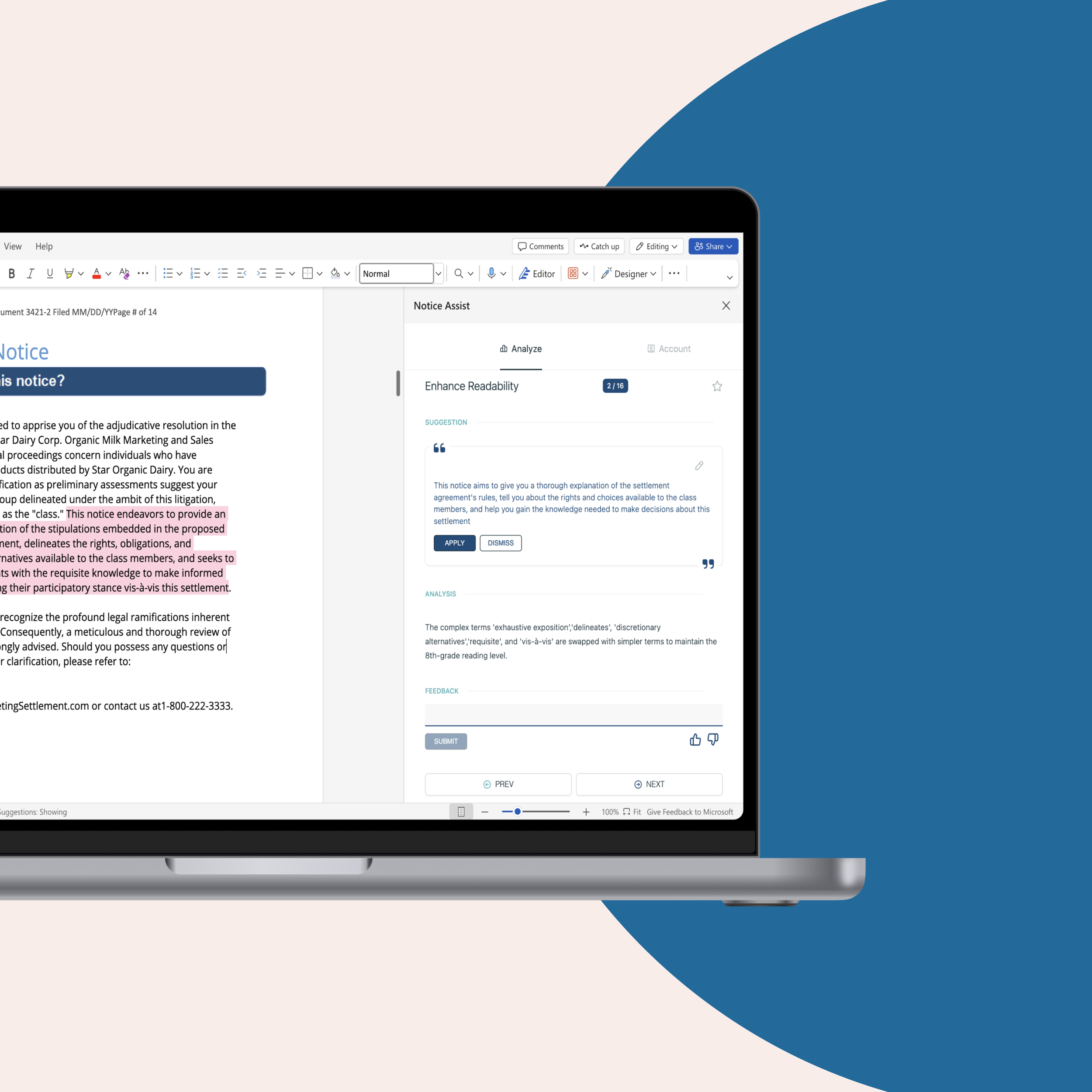Fifth Circuit Decides It Won’t “Try This At Home” Either
Another Circuit Follows Justice Kagan’s Advice on Rule 68 Mootness
Jocelyn D. Larkin
Executive Director, Impact Fund
In a published opinion released yesterday, the Fifth Circuit ruled that an unaccepted offer of judgment to a named plaintiff moots neither the individual’s claim nor the putative class claims. Hooks v. Landmark Industries, No. 14-20496 (5th Cir. August 12, 2015). In so doing, it heeded Justice Kagan’s now-famous dissent in Genesis Healthcare v. Symczyk, 133 S. Ct. 1523, 1533 (2013) (Kagan, J., dissenting), in which she cautioned the Third Circuit to rethink its “mootness-by-unaccepted-offer theory” and noted to all other courts of appeals: “Don’t try this at home.”
The landscape seems to be quickly changing on this issue. Earlier this week, the Seventh Circuit reached the same conclusion, overruling its own precedents. You can read about that decision here. Like the Seventh Circuit, the Fifth Circuit chose not to wait for the U.S. Supreme Court to rule on the issue, slated for argument in Campbell-Ewald v. Gomez, 135 S. Ct. 2311 (2015).
The Hooks case challenges hidden ATM fees charged in violation of the Electronic Funds Transfer Act, and seeks statutory damages as provided under the statute. The case, if proven, presents the paradigm small-value class action as the $2.95 fee would never justify an individual federal lawsuit. The defendant made an offer of judgment under Rule 68, which Hooks did not accept. The court denied the defendant’s motion to strike, and certified a hastily-filed motion for class certification. Six months later, the district court granted a second motion to dismiss, holding that the individual claim and the class action were mooted by the unaccepted Rule 68 offer.
The Fifth Circuit acknowledged that the Genesis decision left open whether an individual’s claim was mooted by an unaccepted offer of judgment. It found Justice Kagan’s Genesis dissent “more persuasive,” following the Ninth and Eleventh Circuit to conclude that neither the individual nor class claims were mooted by the unaccepted offer. The court reiterated its concern about “defendant-induced mootness in the class action context where defendant may attempt to ‘pick-off’ individual plaintiffs before class certification.”
It will be interesting to see how these decisions affect the Supreme Court argument in Campbell-Ewald.











